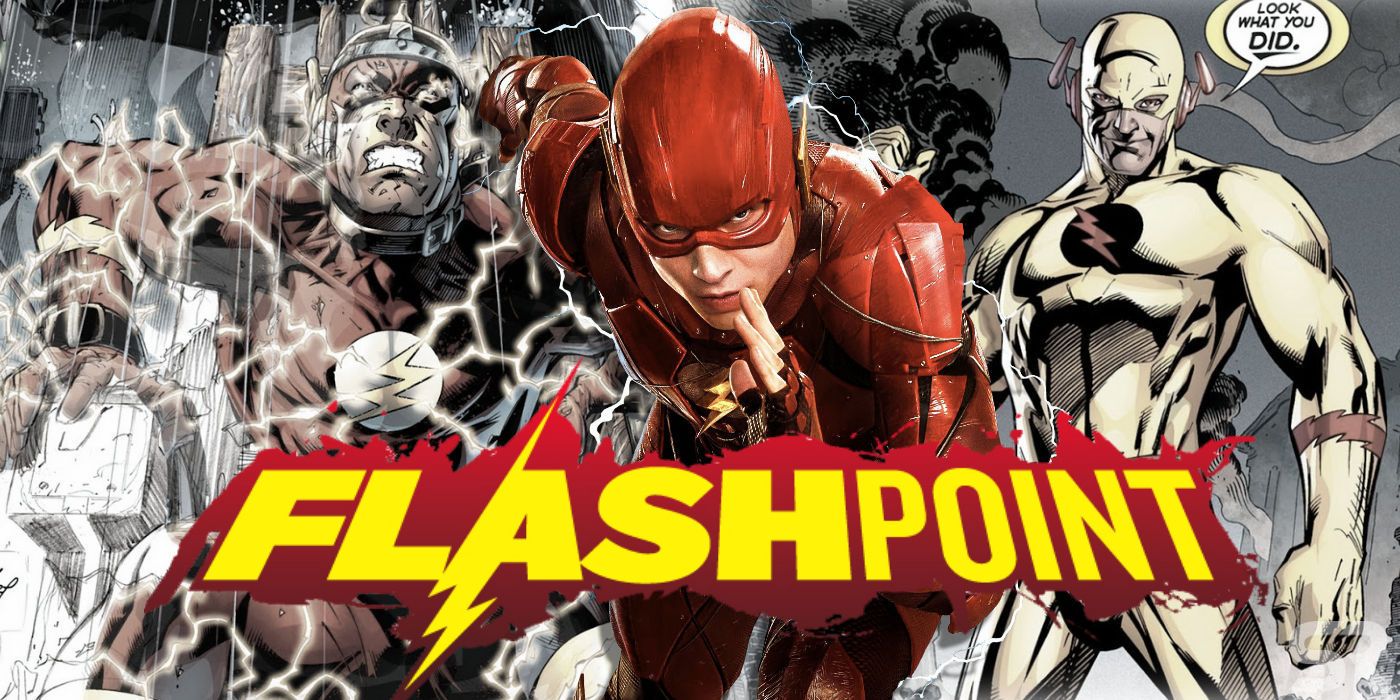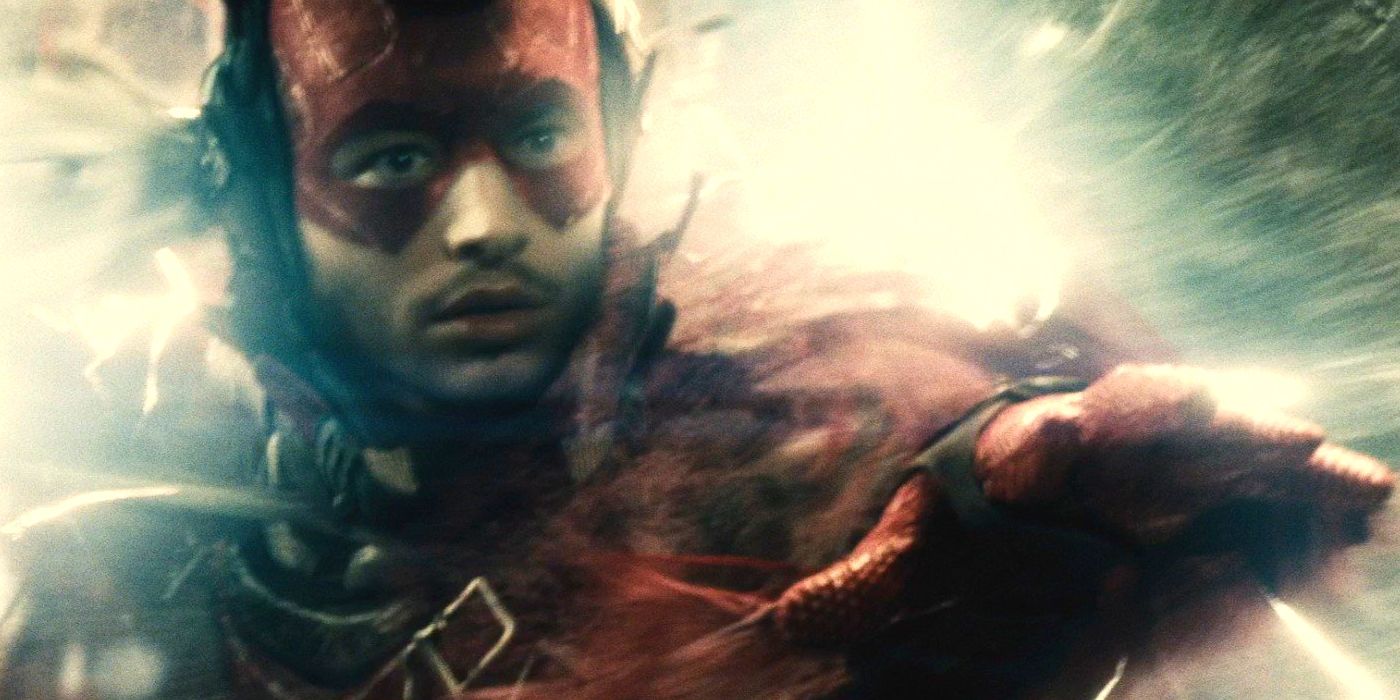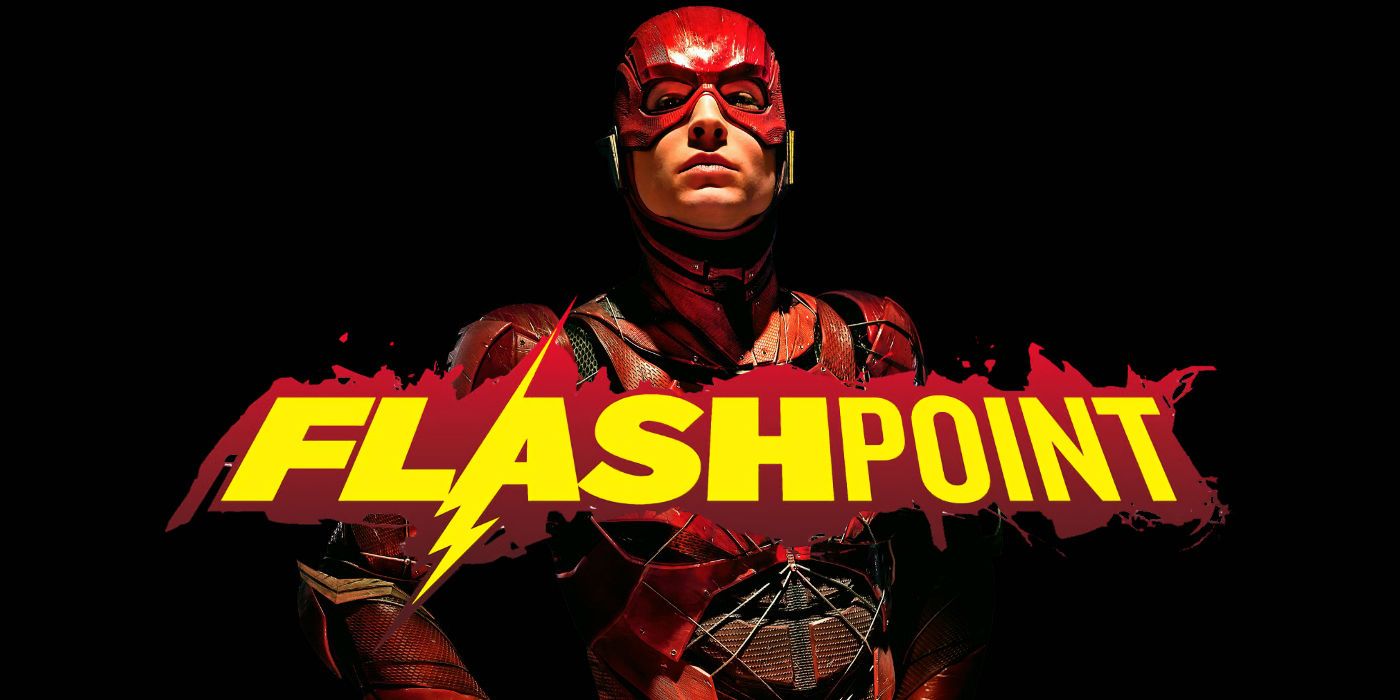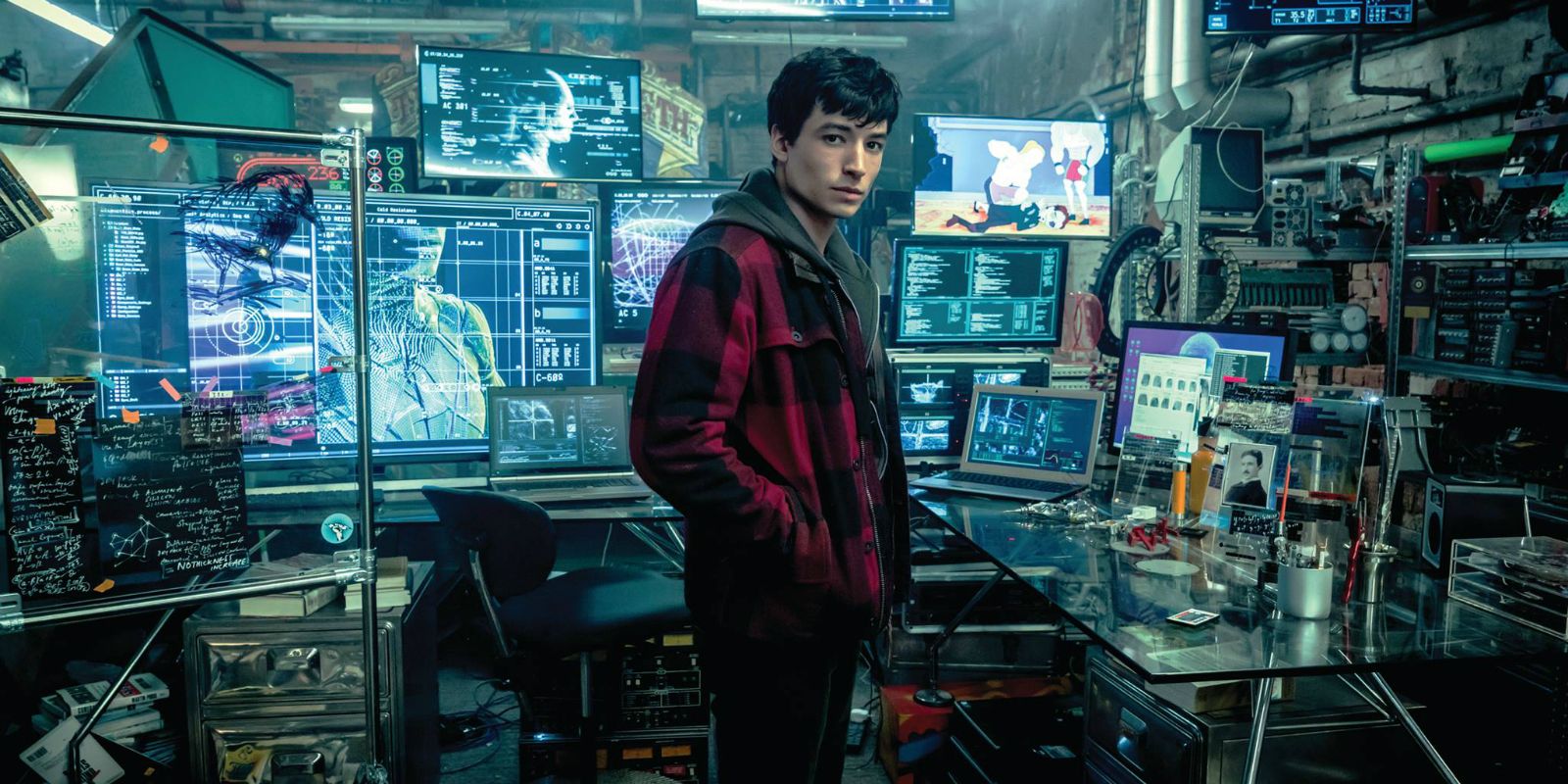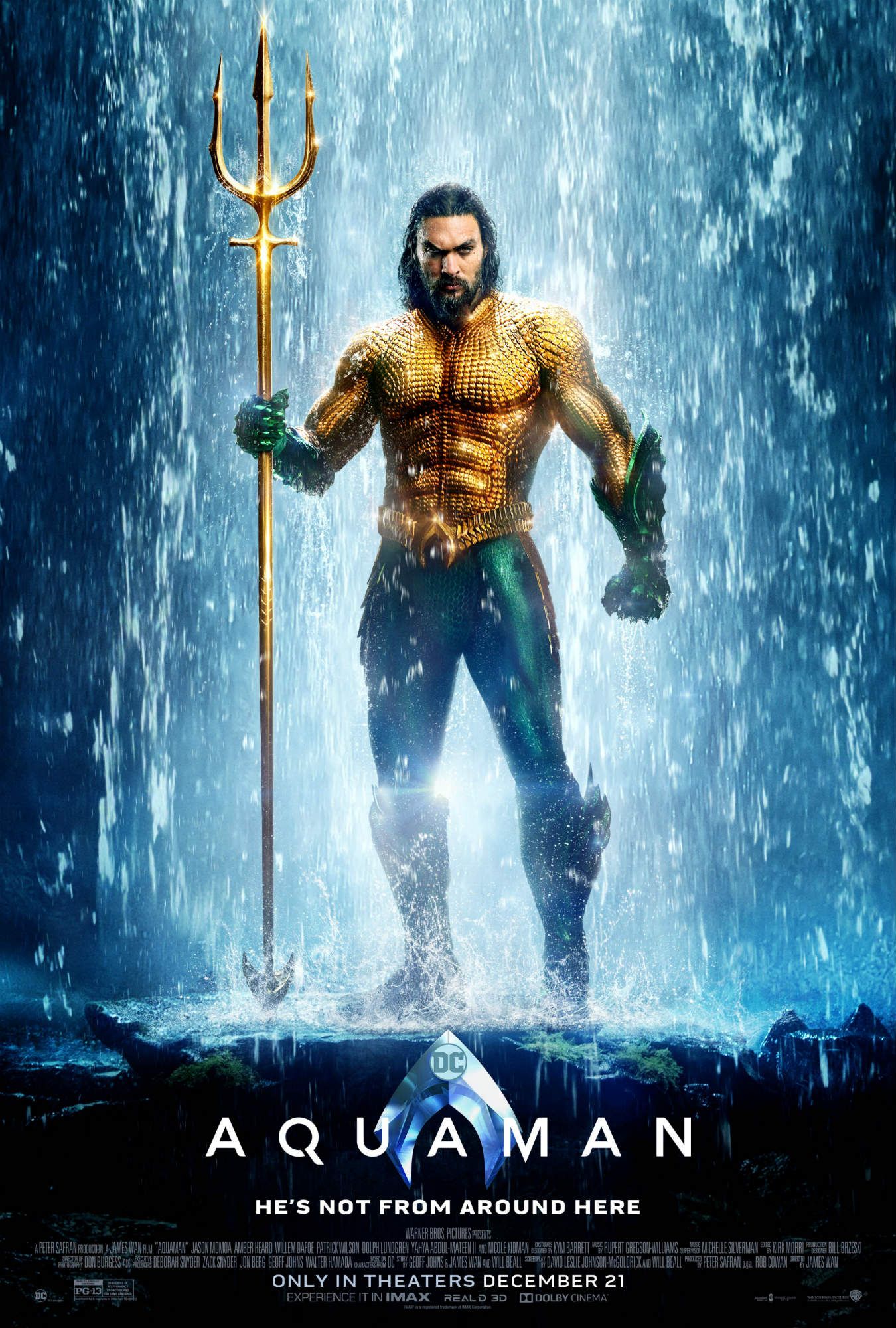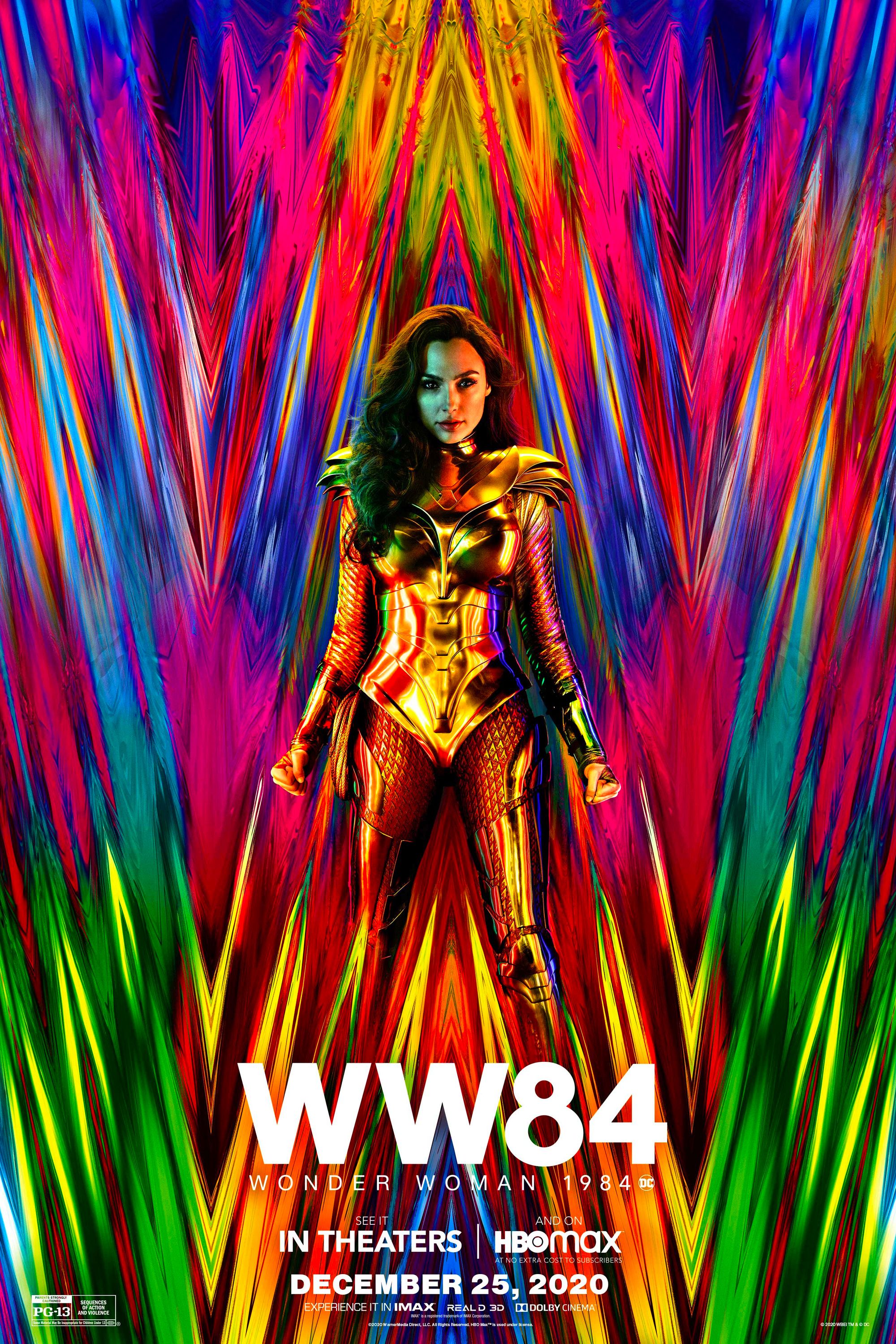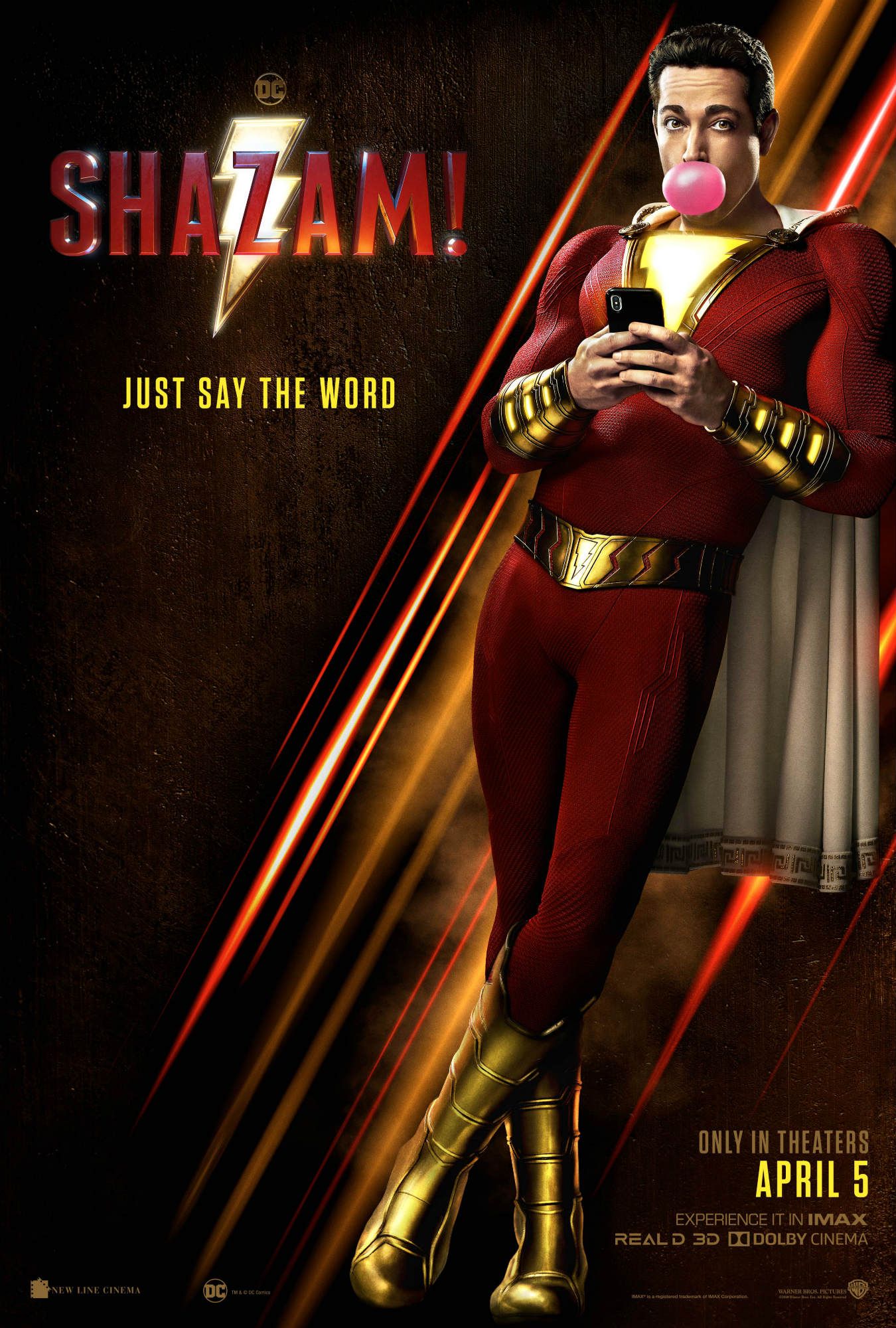The Flashpoint movie just might be the perfect origin story for Barry Allen. Warner Bros. Pictures originally announced plans to develop a Flash solo movie in 2014, when they also confirmed their initial lineup for the unofficially titled DC Extended Universe (DCEU). Ever since then, the project has gone through multiple stages of development, but due to multiple director changes and constant alterations to the script, it was never able to move into production and start filming. That will, hopefully, change now as the project seems to be progressing smoothly behind the scenes.Game Night filmmakers John Francis Daley and Jonathan Goldstein are set to direct The Flash solo movie, which is expected to be based on the Flashpoint comic book limited series. WB confirmed the movie's title (and presumably its main comic book inspiration) during their Hall H panel at San Diego Comic-Con 2017. While the announcement was met with surprise and excitement by many fans, a great number of fans were concerned that Flashpoint wouldn't be the right story for Flash's first solo movie out of the gate. But that's a sentiment we wholeheartedly disagree with. Here's why.
Related: All 26 Upcoming & In Development DCEU Movies
- This Page: How a DCEU Flashpoint Can Work
How Flashpoint Can Work In The DCEU
For those that aren't aware of the Flashpoint story arc, it's a 2011 comic book crossover written by Geoff Johns and penciled by Andy Kubert. It was designed to reboot the DC Universe for the first time in over 25 years, by having the Flash travel back in time to prevent his mother's murder by the Reverse-Flash. But by doing so, Barry Allen accidentally created an alternate timeline in which he wasn't the Flash and Bruce Wayne wasn't Batman, and Aquaman and Wonder Woman were at war with each other. To prevent the end of the world, Barry managed to recover his powers and travel back in time once again, this time to prevent himself from saving his mother. And in doing so, he created the New 52.
Flashpoint's purpose was effectively to reboot the DC Universe, which is why many fans believed Warner Bros. is trying to reboot the DCEU with Flashpoint on the big screen, but that's not necessarily the case. Instead, they could be using the film to bridge The Flash's origin story with the rest of the shared universe, by also potentially giving audiences some sort of closure to Zack Snyder's Knightmare storyline and perhaps even giving Ben Affleck a send-off as Batman. Audiences were first introduced to Flash in Batman V Superman: Dawn of Justice, in which Barry Allen travels back in time to warn Bruce Wayne/Batman about Superman, Darkseid, and the Knightmare timeline. Bruce then knew that Flash could time travel, but Barry doesn't know that.
Related: Flashpoint Shouldn't Reboot The DCEU
One of the easiest ways for the Flashpoint storyline to resolve the Knightmare arc and connect back to Batman V Superman in addition to being a sequel to Justice League is for Affleck's Batman to appear. If that happens, Bruce could finally tell Barry about what happened in Batman V Superman - the time travel, the Knightmare, everything. That would, then, bring the story full circle and reveal to Barry that he has the ability to actually save his mom. In that case, if Bruce were to tell Barry all of this towards the beginning of the film, that could then become the impetus for Flash to travel back in time, prevent his mother's murder, and kick off the Flashpoint timeline.
Why Flashpoint Is The Perfect Origin Story
What makes a superhero origin story? In order for a superhero to be properly introduced, audiences would need to become acquainted with the character's backstory, not necessarily from birth but at least from the moment that inspires them to take up a cause such as crime-fighting and world-saving. Nowadays, that part is skipped over when superheroes are introduced in team-up movies, such as Batman V Superman and Justice League. But, with Flashpoint, moviegoers can still develop an understanding of Flash's life, his powers, and his backstory, especially what made him become a crime scene investigator - something that played an integral role in his relationship with his father, Henry Allen (Billy Crudup), in Justice League. Plus, explaining why his father is in prison may help as well.
For the uninitiated, Henry Allen was convicted and sentenced to prison for murdering his wife (and Barry's mother), Nora Allen. All the evidence pointed to him as the murderer despite being innocent. That's what convinced Barry to become a crime scene investigator in the comics, to prove his father's innocence. So, in the movie, if Bruce tells Barry that he can time travel, then why wouldn't he go back and save his mother? He would be killing - or, more accurately, saving - two birds with one stone; both his mother and his father. And by doing so, audiences will also gain an understanding of his backstory, particularly what set him on the path to where he is today.
Related: How Justice League Sets Up Flashpoint
But, by causing Flashpoint, Barry Allen would no longer be the Flash, at least if the movie roughly follows the source material. But in that timeline, Bruce also isn't Batman and Kal-El is not Superman. Moreover, the Atlanteans and Amazons wage a world-ending war with each other that eventually leads Barry to reacquire his powers - so that he can travel back in time and prevent himself from causing Flashpoint - by recreating the circumstances that gave him the Speed Force in the first place. That, there, gives audiences an understanding of Flash's powers and how he got them. Plus, with the Reverse-Flash and Flash's rogues gallery part of the film, audiences will also be introduced to Barry's biggest enemies. So, taking everything into account, a Flashpoint movie would ideally check off all the points for a Flash origin story, but that's not all it would do.
What Does Flashpoint Mean For The Rest Of The DCEU?
Again, a Flashpoint movie doesn't mean the DCEU will be rebooted, but it could still be used in service of setting the shared universe onto a new path, one that was first started in Justice League. For instance, potentially including Ben Affleck's Batman in the beginning and the end of the movie would make for a worthy concluding arc for the Caped Crusader. In the Flashpoint comics, Thomas Wayne (the Flashpoint Batman), gives Flash a note to give to Bruce. Knowing Bruce's troubled history and his unyielding conviction to crime-fighting as a result of losing his parents at a young age, Flash's letter is one of the few things that could actually make Bruce cry. That would be the perfect way for Affleck to conclude his tenure as Batman, if that's something that he wishes to do.
As for any external modifications, the movie could still affect various aspects of the DCEU that might have been considered plot holes or unnecessary changes before, which wouldn't require a full-on reboot. So, no, that doesn't mean recasting Batman, but it could mean a new villain coming to light as a result of time being changed. Aside from that, everything else could stay the same. But for Barry, he would've gained a new understanding of his powers, and he would be better for it. At the moment, Flash is quite immature, something that works well for him, but the Flash audiences saw in Batman V Superman is someone that knows his enemy. Flashpoint could help bring the DCEU Flash closer to that version without having to actually go down the Knightmare timeline.

